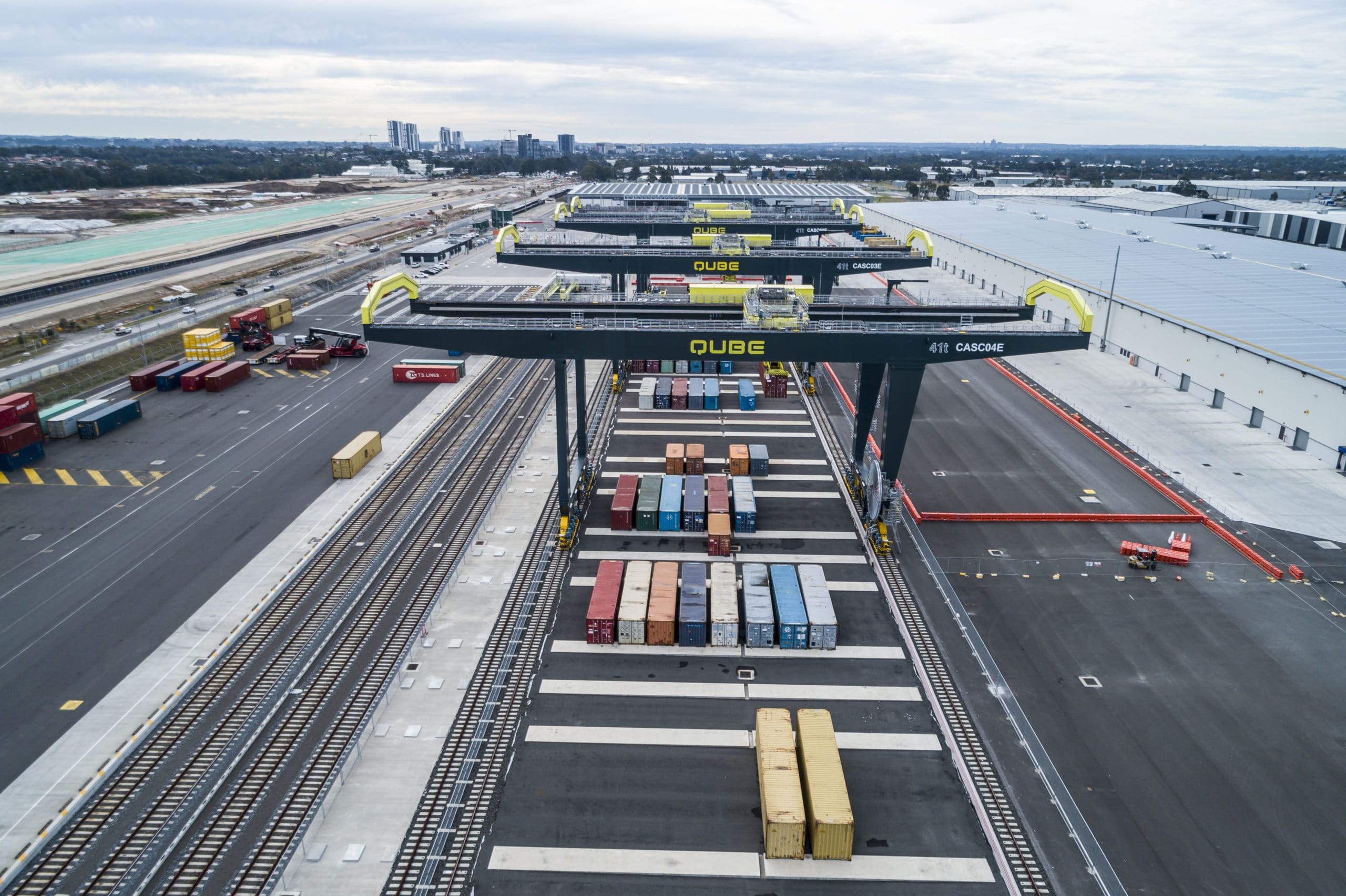Martinus Rail Pty Ltd v Qube RE Services (No.2) Pty Ltd [2025] NSWCA 49 (Martinus Rail v Qube)
Introduction
In the recent case of Martinus Rail v Qube, the Court of Appeal once again emphasised that judicial intervention overturning an adjudicator’s decision in a Building and Construction Industry Security of Payment 1999 (NSW) (known as the SOP Act or more commonly SOPA) matter requires both jurisdictional error and material injustice.
In the first instance decision, there was some indication that the concept of “legal unreasonableness” might provide principals and head contractors some relief in cases where an adjudicator’s decision was unreasonable (including mathematical errors). However, the Court of Appeal again emphasised that such findings will only be rarely available in SOPA matters because they are, ultimately, matters for the adjudicator.
Following the previous decision of Ceerose Pty Ltd v A-Civil Aust Pty Ltd [2023] NSWCA 215, the Court of Appeal also emphasised that the scope of the payment claim and payment schedule are also matters within the adjudicator’s jurisdiction, and the risk of the adjudicator making a factually or legally incorrect decision falls on the respondent to the adjudication (i.e. the principal or head contractor).
What does this mean for our clients?
For Principals and Head Contractors (particularly in NSW):
- Appealing an adjudicator’s decision through the Courts will very rarely be an option – you will need to pursue an action for restitution or overpayment through the Courts for any monies that you are ordered to pay in excess of what you think is owed.
- The payment schedule is critical. Whether a submission is “duly made” or not is a matter for the adjudicator. You should seek legal advice immediately if you receive a payment claim that poses significant financial risk (instead of waiting for an adjudication application to be made).
- An unsophisticated payment schedule can severely limit your ability to achieve positive adjudication outcomes, as adjudicators are not required to address arguments that were not properly articulated in the payment schedule itself.
For Subcontractors (again, particularly in NSW):
- Adjudication continues to be “pay now, argue later” and an excellent source of liquidity. This decision makes it harder for principals and head contractors to contest decisions by adjudicators that they consider to be unreasonable.
- The Court of Appeal has emphasised that the payment claim sets the boundaries of the eventual adjudication – so consider getting legal assistance with more substantial payment claims.
Background
On 8 February 2024, Martinus submitted payment claims under two contracts. On 22 February 2024, Qube lodged a payment schedule in relation to each payment claim, asserting credits in its favour totalling $2.8 million across both contracts.
Qube’s payment schedules were not in a format that readily corresponded with the items in Martinus’ payment claims. Rather, Qube adopted a non-standard format that combined claims from both contracts and included confusing cross-references. Among other things, the adjudicator stated that he found it difficult to understand Qube’s reasons for rejecting Martinus’ claims because the payment schedules were “incomprehensible” and, therefore, determined in favour of Martinus.
Qube also argued that the size of the claim (totalling approximately $71 million) and the fact that the adjudicator had asked for several extensions (totalling 19 weeks) to make the decision meant that a higher level of scrutiny should be applied by the Courts. This was rejected.
Court’s findings and commentary
Qube argued that the adjudicator’s decision should be overturned due to an alleged failure to consider “duly made” submissions under SOPA. For certain claims, this was upheld at first instance. The Court of Appeal, however, rejected this argument, finding that:
- The adjudicator “considered” all of the reasons advanced by Qube for withholding payment in its payment schedules;
- A failure to identify a particular claim or response in reasons will not of itself demonstrate that the adjudicator failed to consider it; and
- The adjudicator was not required to correct or reinterpret unclear submissions made by Qube.
An adjudicator’s obligation under SOPA is simply to “consider” “duly made” submissions and make a determination. Given that the adjudicator can also determine whether a submission has been “duly made”, it will now be very difficult to overturn an adjudication determination even where it fails to directly address an issue raised squarely in an adjudication response.
The Court reemphasised that judicial review under SOPA is only available for jurisdictional error. That is, the adjudicator can make errors of fact and errors of law without attracting judicial intervention. The breadth of this lenience even extends to blatant mathematical errors (which should be corrected by the slip rule) and blatant legal errors.
In relation to “legal unreasonableness”, the Court found that the standard that should be applied to an adjudicator’s determination is lower than that which is typically applied to other statutory decision-makers, because of the “rough and ready” nature of SOPA, which imposes tight deadlines on the adjudicators, who are often faced with extensive submissions and documents and very little time to consider them. This means that legal unreasonableness as an objection to an adjudicator’s determination will be very difficult to establish in the future.
The Court examined Qube’s payment schedules and agreed with the adjudicator that they were difficult to comprehend. While Qube was free to adopt any methodology or format for its payment schedules, its decision to rely on a confusing array of cross-references between the two contracts rendered the schedules difficult to follow. The Court stated that Qube could not reasonably complain about the adjudicator’s conclusions in this regard.
While the Court of Appeal declined to answer whether the adjudicator was correct or not in his determination, even incorrect decisions are not typically judicially reviewable. The onus was on Qube to, in its payment schedule, sufficiently express its reasons for non-payment. Where the adjudicator failed to grasp the subtlety of Qube’s submissions in the later adjudication response, that oversight did not constitute a jurisdictional error.
The outcome may have been different had Qube raised the issue more clearly in its payment schedule and been able to prove that the adjudicator failed to consider the issue as it was raised at that stage.
Takeaways
This case highlights the importance of ensuring that all reasons for withholding payment are clearly and comprehensively stated in payment schedules. Most misunderstandings or misinterpretations by an adjudicator will fall within their jurisdiction and will not amount to a jurisdictional error. This ruling was also made in the context of the Courts’ general reluctance to find jurisdictional error in adjudication decisions under SOPA.
The decision underscores the need for meticulous preparation of payment schedules, particularly for high-value claims. Payment claims exceeding a certain threshold should ideally be referred to legal professionals because the standard for detail and clarity in payment schedules sets the standard for the adjudication itself. Where respondents may have previously hoped to expand on their reasons for withholding payment in an adjudication response, it is clear that this opportunity may not always be afforded to respondents going forward.
More information
Have questions or need advice? Contact the team at Construction Legal.
Click here to download article























